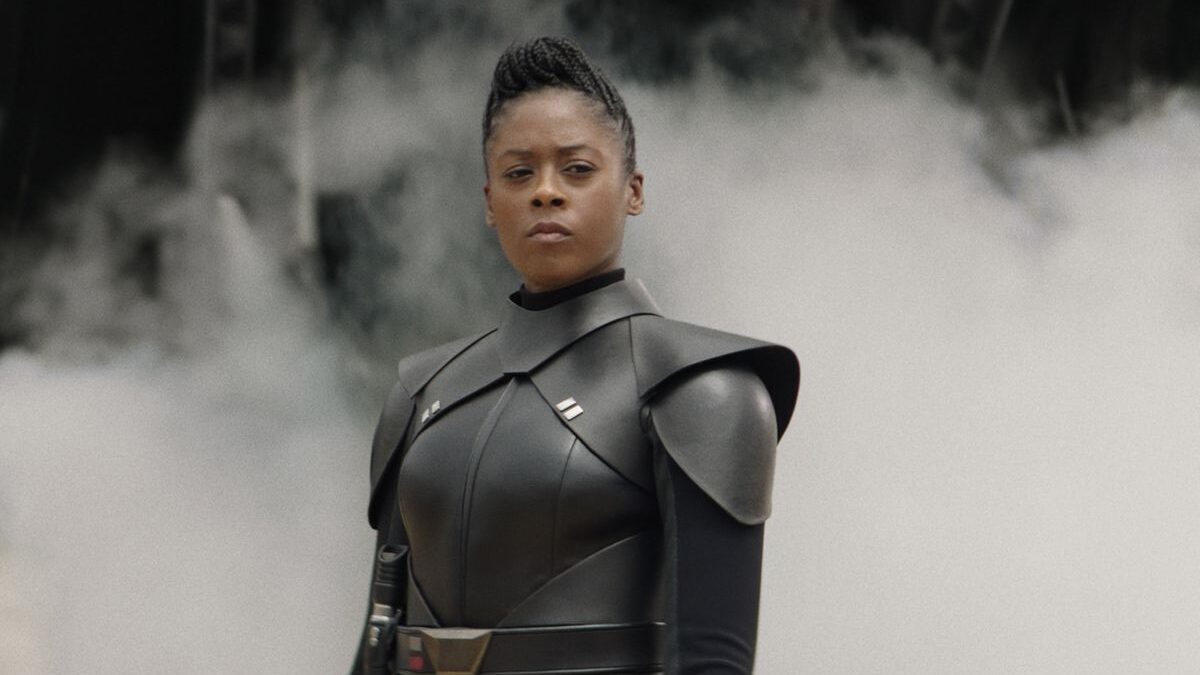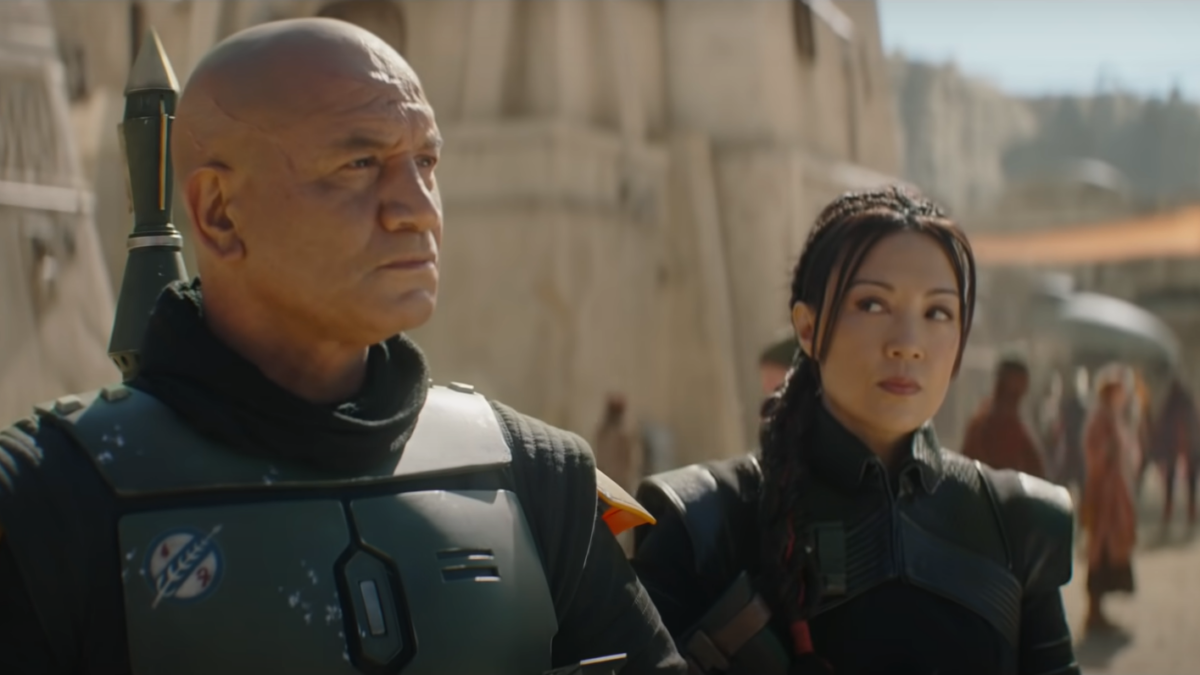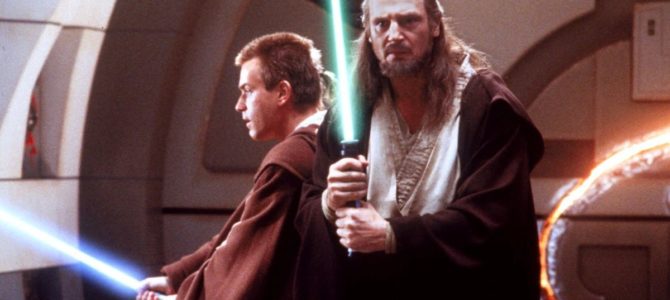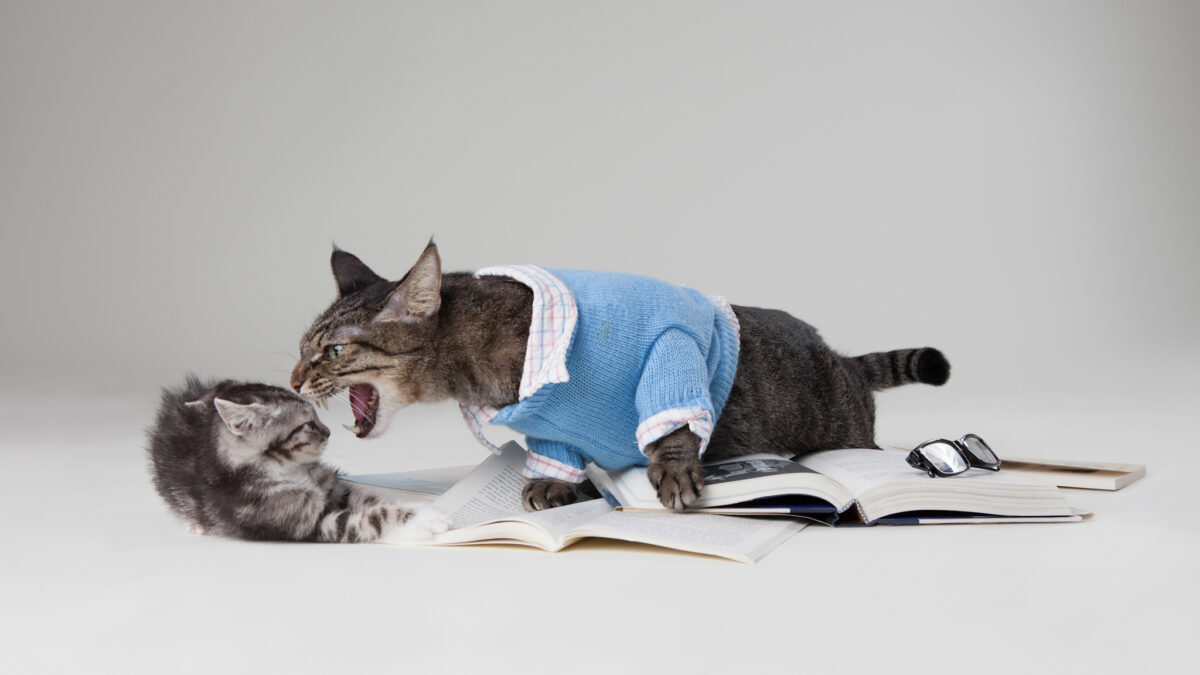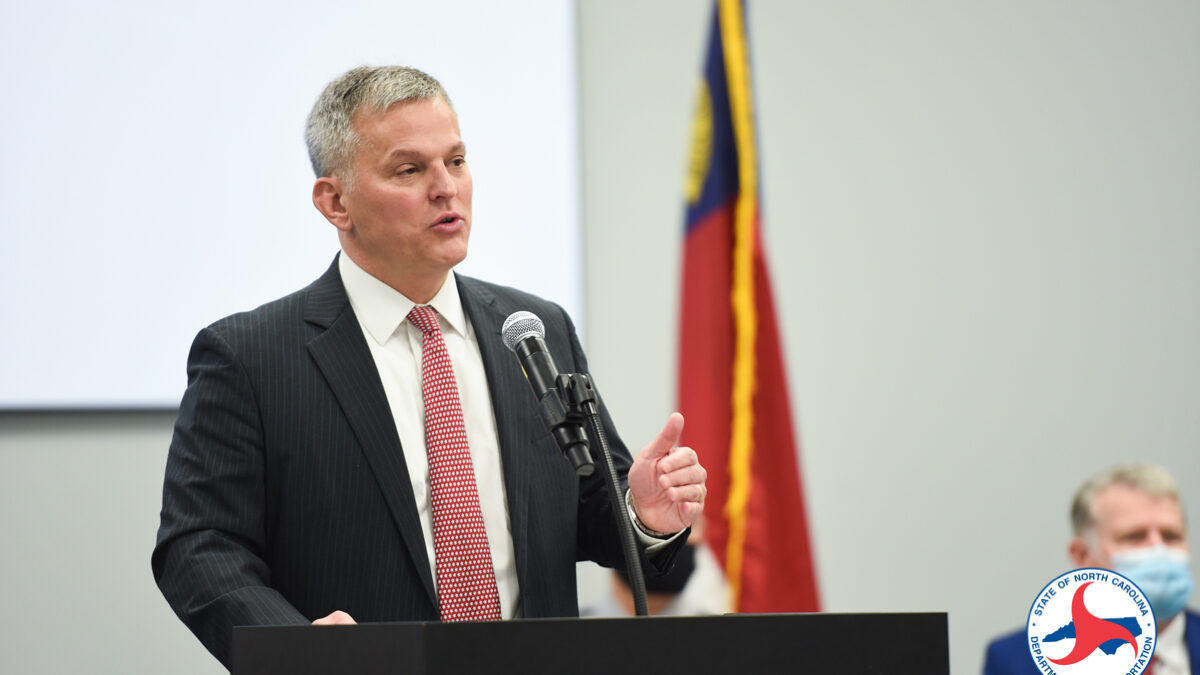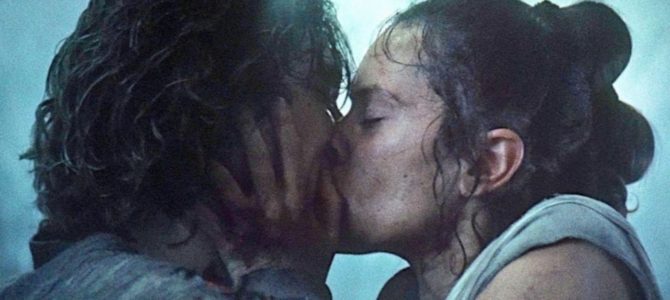
Disney’s relationship to “Star Wars” has been no stranger to controversy and divided fan opinions. Some argue that the new films are embarrassments to the original masterpieces, while others, like myself, believe that series, while far from perfect, is an enjoyable and worthy follow-up to the exceptional original series and the disappointing but fun prequel series.
Yet one of the series’ strongest aspects was the development of the relationship between protagonist Rey (Daisy Ridley) and ostensible antagonist turned hero Ben Solo (Adam Driver). Driver and Ridley easily gave the best performances in the series, turning their characters into complex and nuanced beings. Their palpable chemistry is a major asset for the films, providing an emotional center and catalyst for the plots that are tied to character development.
While some found the characters’ antagonistic relationship in the first film to be too high a hurdle to jump to support their coupling, the third film’s acknowledgement of their mutual romantic interest and its culminating kiss was a high point in a complicated movie. Critics of the couple point to Ben’s unambiguously villainous actions in “The Force Awakens,” including killing mentor figure Han Solo in front of her (akin to Darth Vader’s murder of Obi Wan Kenobi in “A New Hope”) and using the force to get into her thoughts, arguing that the enmity of their first meeting renders the pair ineligible for romance.
Nonetheless, the film unequivocally presented the pair’s dynamic as romantic. Ben’s entire motivation changes from destroying Rey to alluring her to the dark side, where they can rule side by side, an offer that tempts the virtuous Rey. The draw between them can partly be explained by the force, as is stated in “The Rise of Skywalker,” but much of the pull comes down to romantic attraction.
John Williams’s scores for the sequel trilogy borrowed heavily from his previous entries, imbuing new scenes and characters with the emotional resonance of the past stories. His theme for Rey and Ben is decidedly remniscent of the music used for central lovers Han and Leia in the original trilogy.
Likewise, their desire to be together despite falling on opposing sides of a galactic conflict is the central conflict, with love of Rey being what ultimately brings Ben back to the side of good. Those offended by the pairing will be happy to hear that the novelization undoes all of the carefully developed relationship by recontextualizing the romance out of the kiss.
Screen Rant confirmed that the novelization, written by Rae Carson, undoes any romance between the two, turning the kiss into a platonic moment of redemption, with Carson describing it as “a kiss of gratitude.” The decision to upend the central romance of the trilogy is nothing short of baffling. So much of “The Rise of Skywalker” rested on the romantic tension between Ben and Rey, and their kiss was the ultimate culmination.
Along with altering the clearly romantic kiss, Carson likewise created changes and plot gaps with both the film and the rest of the series. The returned Emperor Palpatine in the film is revealed to be a failed clone, rather than the survived Sith villain from the original. While this adjustment may help solve some of the logical inconsistencies, it destroys any emotional resonance or excitement caused by the return of an iconic villain by reducing him to a soap opera cliché.
Likewise, many new, complicated, and contradictory rules were created to explain the dyads in the force, though these intended clarifications merely left readers more confused than before. Further, in an effort to expand upon Palpatine’s desire to transfer his consciousness into Rey when she kills him, Carson retcons “Return of the Jedi” with claims that Luke was meant to kill him, when the intention was really for the younger Skywalker to kill his father.
The novelization rewrite is far from the first time a “Star Wars” film has been altered long after its release. George Lucas notoriously loves to revisit and reedit the original trilogy, especially “A New Hope,” every few years, finding some little alterations to be made, often to the ire of fans.
Many of these changes come from the cantina scene that introduces the iconic Han Solo. The recuts regularly change whether Han shot first in a shootout with bounty-hunter Greedo, a subject hotly contested by fans to this day. Lucas has edited the scene as recently as this year, by adding the baffling moment of Greedo stating “Maklunky” before perishing.
This word is theorized to be a threat in one of many fictional languages in the Star Wars universe, and used to allow Han to have shot first, while still remaining a moral character. Maklunky became something of a meme, but it represents a greater issue within “Star Wars” of rewriting the past in order to make for a clean, morally unambiguous tale.
Viewers don’t love Han Solo because he is a paragon of virtue and righteousness. A good portion of his charm is his roguish spirit. Solo’s propensity towards selfishness and morally ambiguous actions make the times he acts selflessly on the side of justice all the more powerful.
Likewise, the relationship between Rey and Kylo is emotionally fraught with good and evil hanging in the balance, but this complication is what makes their dynamic so fascinating. The perfect love between two inherently good people whose only conflict is circumstance is what leaves us with the prequels’ central love story between Padmé and Anakin. While the sheer clichéd-ness of their relationship is a far lower sin than their distinct lack of chemistry and poor writing, there is something far more compelling about the character development that is tied directly into the tentatively growing love between Ben and Rey.
“Star Wars” has never shied away from complicated themes. The original trilogy concluded with the “chosen one” as the series’ principal antagonist, the chilling Darth Vader, who shared a quiet and loving familial moment before his ultimate demise. Why can’t the sequel trilogy embrace the same redemption of its villain?


